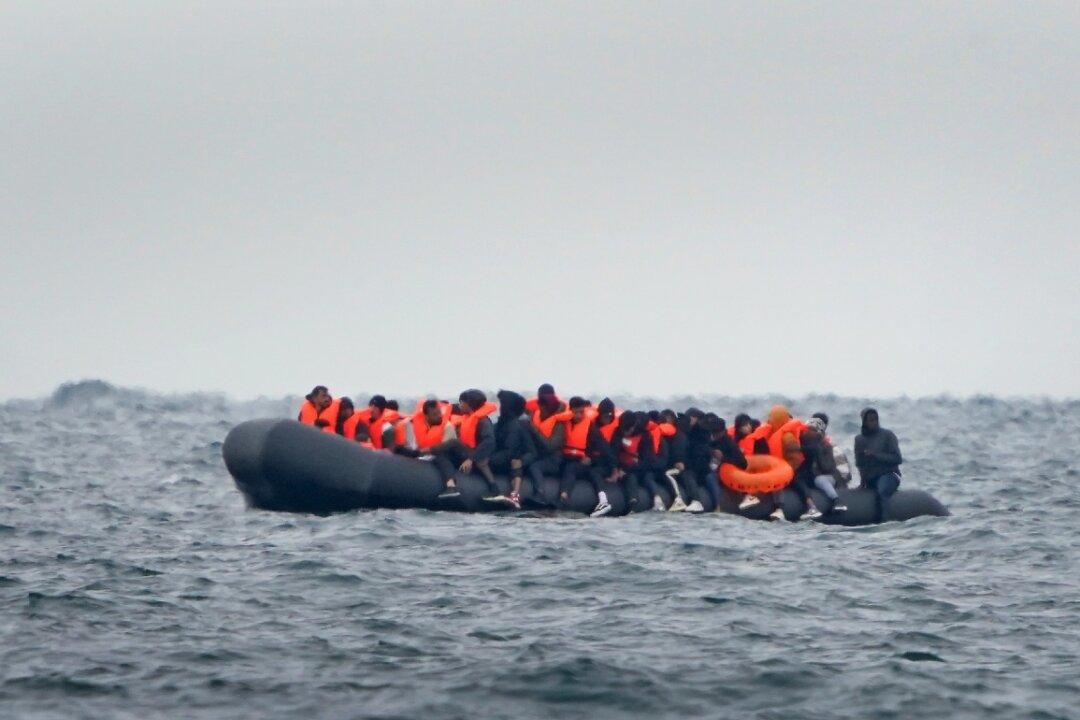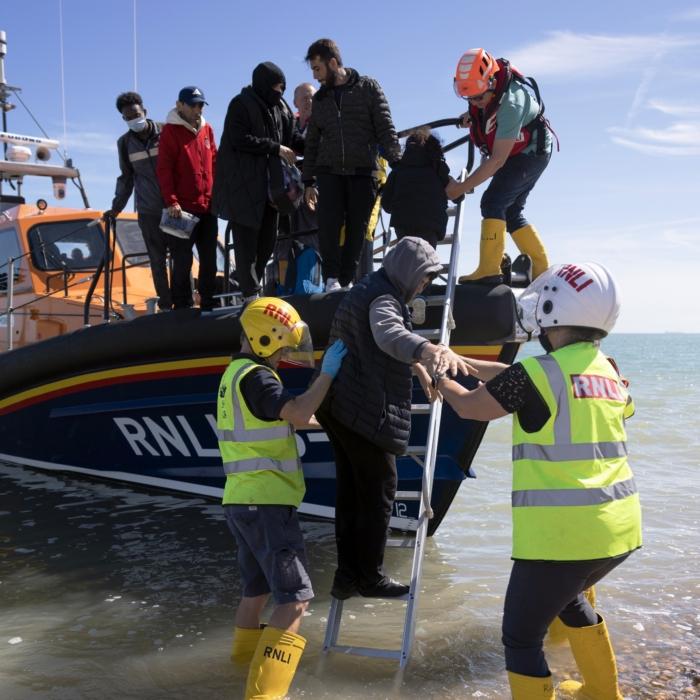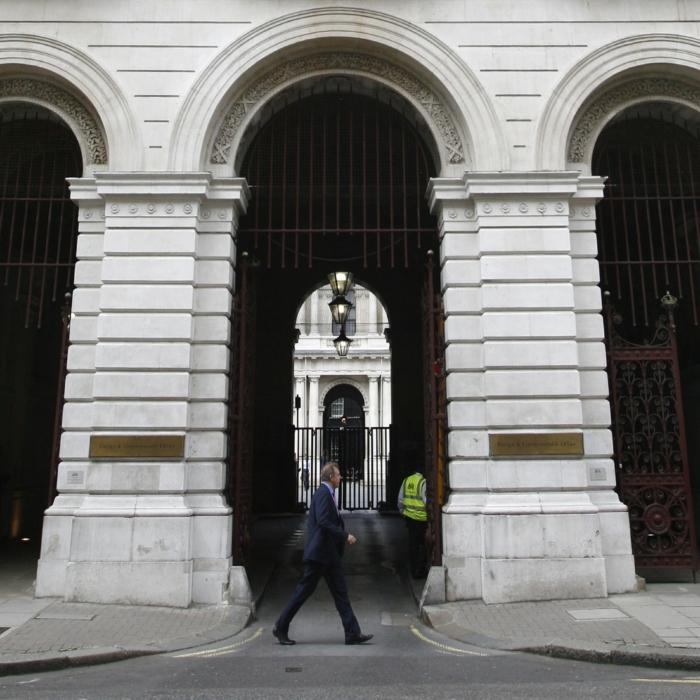Parliamentary standoff over the Rwanda bill has continued this week as peers inflicted a third defeat on the government on Tuesday.
The government, with its majority in the House of Commons, have managed on Monday to reverse previous changes the lords had made to Safety of Rwanda (Asylum and Immigration) Bill.
However, peers have insisted on four out the six proposed changes on Tuesday, dashing ministers’ hope that the bill would become law this week.
The bill is now schedule for another round of votes on Wednesday, when MPs could reverse the changes again or make compromises.
The government’s plan to deport illegal immigrants to Rwanda is yet to take off—two years after it was first announced—as the Supreme Court said the east African country is not safe because of defects in its asylum system and because asylum seekers could be sent back to their home country, where they risk facing persecution.
Ministers have since upgraded the UK’s deal with Rwanda and made it a legally-binding treaty, and introduced the bill to have Parliament declare that Rwanda is safe because of requirements in the treaty.
The bill is aimed at blocking legal challenges that are not based on individual circumstances but based on the argument that Rwanda is not a safe country.
The bill is now going through a stage called “ping-pong,” in which it goes back and forth between the two houses of Parliament for final tweaks.
After MPs removed the changes for a second time, peers made another attempt to amend the bill, although the amendments were passed with smaller margins.
One amendment, which requires the government to have “due regard” for international law and domestic law including the Children Act 1989, the Human Rights Act 1998, and the Modern Slavery Act 2015, was passed by 258 votes to 233.
Speaking for the government, Advocate General for Scotland Lord Stewart of Dirleton maintained that such a clause is unnecessary because there’s “nothing in the bill that requires any act or omission that conflicts with our international obligations.”
He also said the government’s assessment is that “Rwanda is generally a safe country that respects the rule of law,” and the view is “ further reinforced by the progress being made on the treaty’s readiness for implementation.”
Another amendment, which says Rwanda is only safe when the independent Monitoring Committee—an expert panel appointed by British and Rwandan governments to oversee the partnership—says that the treaty is being adhered to, was passed by 266 votes to 227.
Peers also insisted on an amendment that allows officials, courts, and tribunals to challenge Rwanda’s “safe” status, backing it by 253 votes to 236.
An amendment that seeks to exempt the UK’s foreign agents, allies, and employees, such as Afghan nationals who worked for or with the UK before the Taliban took over the country, secured the most support, with 275 votes backing the proposal and 218 votes against it.
Home Office minister Lord Sharpe of Epsom told peers the government’s priority is the stop illegal immigration by small boats, and the Rwanda policy, which is designed to be a deterrent, will only work without “myriad exceptions.”
Debating on the bill in the Commons on Monday, Illegal Migration Minister Michael Tomlinson said the government “simply cannot accept amendments that provide for loopholes that will perpetuate the current cycle of delays and late legal challenges to removal.
Stephen Kinnock, the shadow minister for immigration, insisted that the policy is “fundamentally unworkable, unaffordable, and unlawful.”
Referencing the National Audit Office’s estimate that says the government’s plan would cost almost £2 million for each of the first 300 illegal immigrants sent to Rwanda, Mr. Kinnock asserted that 300 is “just 0.5 percent of the 60,000 people earmarked for the scheme,” and that illegal immigrants won’t be deterred by “a 0.5 percent chance of being sent to Rwanda.”
Under the Illegal Migration Act 2023, anyone who arrives illegally from a safe third country on or after March 7 last year would have their asylum claims deemed inadmissible and be eligible for removal to a safe third country, with limited exceptions.
On Monday, Home Office civil servants confirmed to the House of Commons Public Accounts Committee that the number was around 33,000 as of Dec. 28, 2023.
According to provisional figures published by the Home Office, a record 6,265 illegal immigrants have arrived on small boats so far this year, a 28 percent increase from the same period last year and 7.5 percent up from the same period in 2022.
For the past two years, small boat arrivals made up around 80 percent of all irregular migration detected, although the proportion was lower during the first quarter, at around 66 percent in both years.







